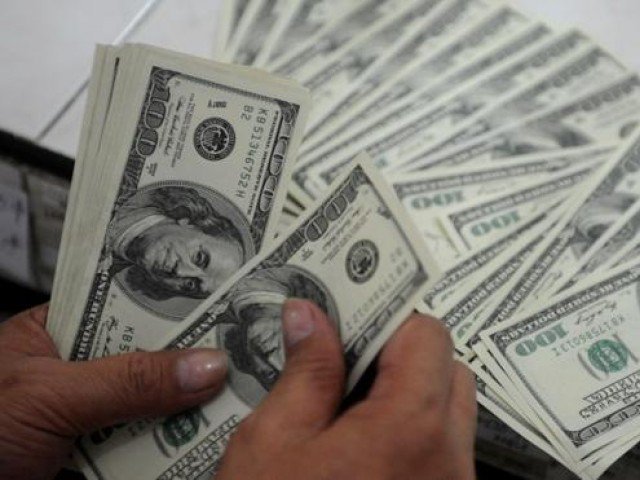State Bank of Pakistan (SBP) is struggling to maintain its dwindling foreign exchange reserves. According to the report issued by the bank on Thursday, net reserves with SBP declined by $176 million, clocking in at $8.62 billion as of September 9, 2022. The country’s total liquid foreign reserves were $14.32 billion as of Thursday, according to the SBP. Commercial banks held $5.7 billion in net foreign reserves.
According to the weekly foreign exchange report issued by #SBP Thursday, the total liquid foreign exchange reserves held by the country dropped by 156mn #Dollar, stood at $ 14.317 billion as of Sept 9, 2022 compared to $14.474 billion on Sept 2, 2022.
— Pakistan Stocks 📊📈🇵🇰 (@Stockkse100) September 16, 2022
SBP reserves increased last week as the central bank received a $1.7-billion tranche from the International Monetary Fund (IMF).
However, Pakistan’s foreign exchange reserves recorded a decrease after a break of one week when it had increased after International Monetary Fund (IMF) released $1.17 billion tranche.
Read more: SBP’s foreign exchange reserves slide by $87 million
Notably, the country also received millions of dollars in the form of aid for the flood victims, but foreign exchange reserves did not increase. China, Saudi Arabia, Qatar, Turkey, and other countries are lending a helping hand to Pakistan amid devastating floods. Moreover, the United States announced it would provide $30 million (€29.9 million) in aid for flood victims.
However, United Nations Resident and Humanitarian Coordinator Julien Harneis on Wednesday said that out of USD 150 million in foreign assistance received by the South-Asian country, only USD 38.35 million amount has been converted into assistance.
The status of the reserves is significant for Pakistan, which has been in dire need for dollar inflows to cover its balance-of-payments needs.
Shortage of reserves has put tremendous pressure on its currency market, with the rupee posting its worst monthly performance in over 50 years in July.
The currency gained some ground as Pakistan met all preceding IMF conditions, allowing it to get $1.17 billion in funding under the Extended Fund Facility (EFF).
The country is encountering difficulties in increasing its foreign exchange reserves in order to fulfil external payments in the form of import payments and debt repayments. However, the IMF tranche has not paved the door for inflows from other international financial organizations or friendly countries.
Government was expecting Qatari investment in the country and attempted to put everything under the sun for sale. However, political instability and change in policies along with change in the government has made Qataris uncomfortable to solely work with the government.














